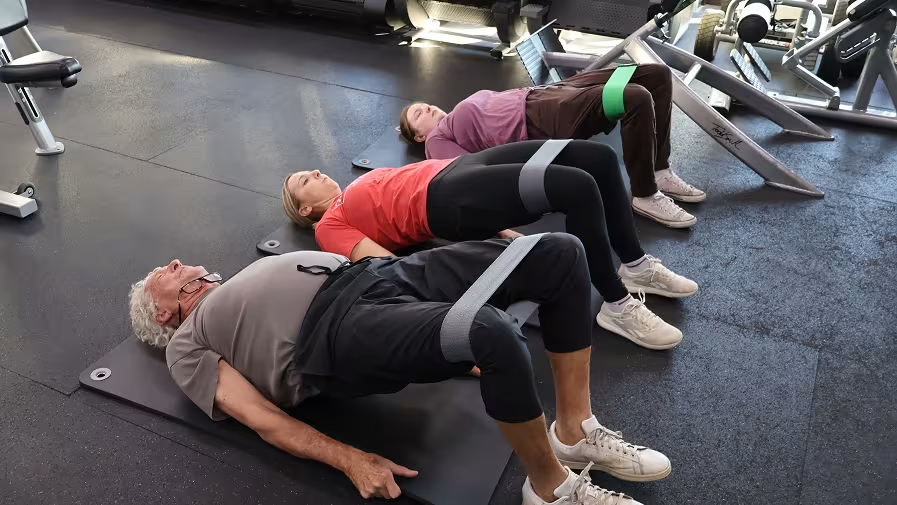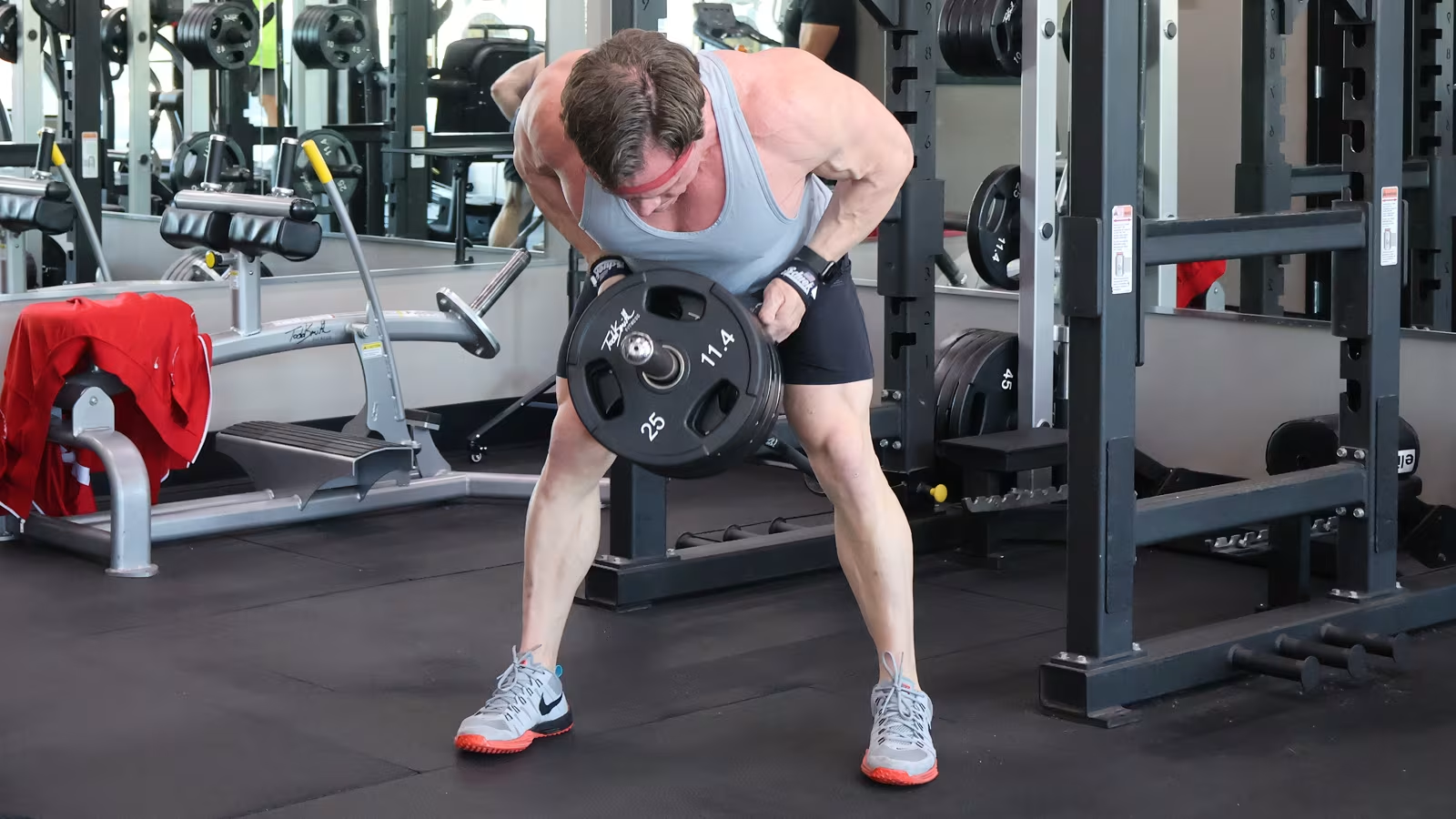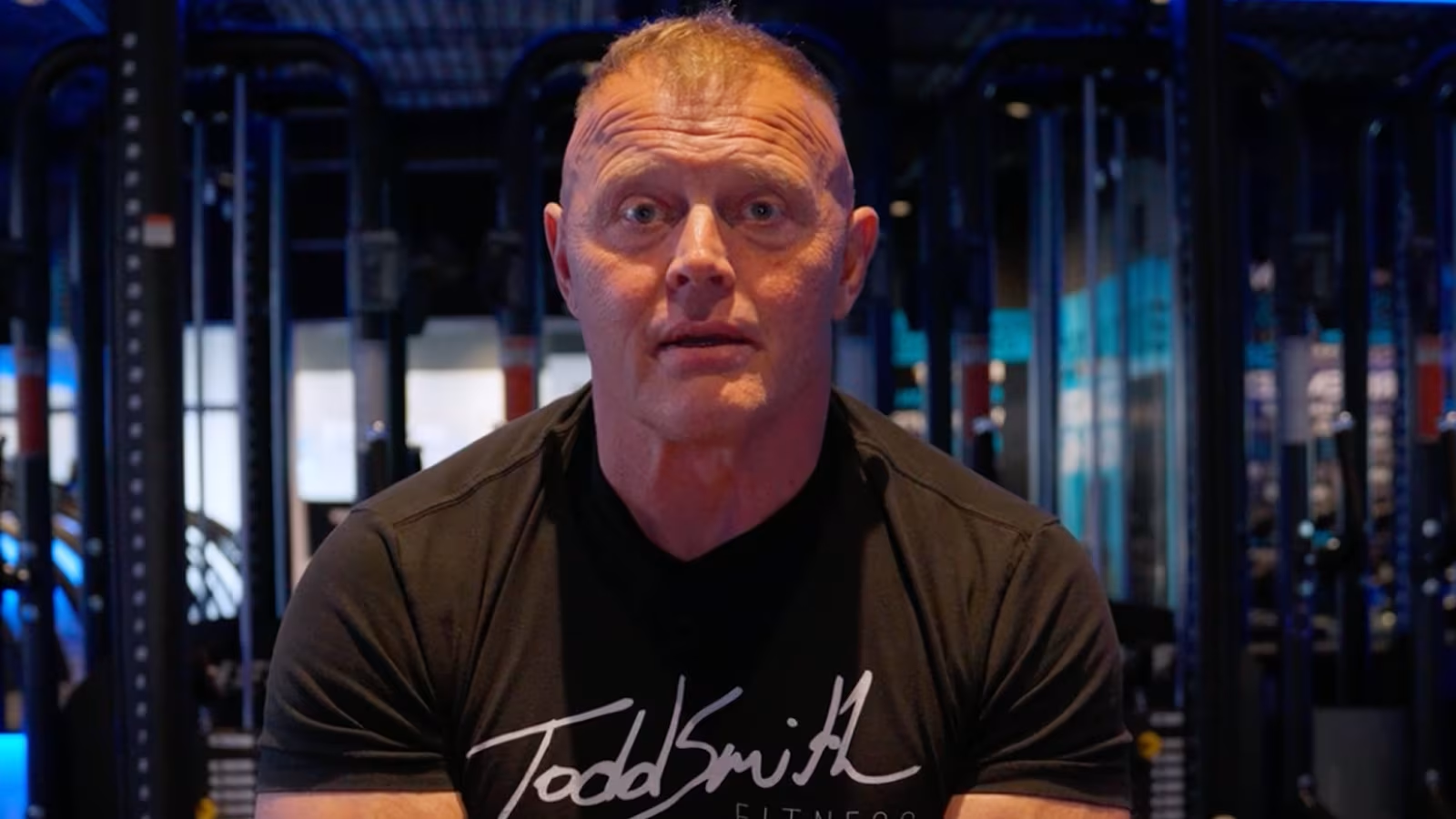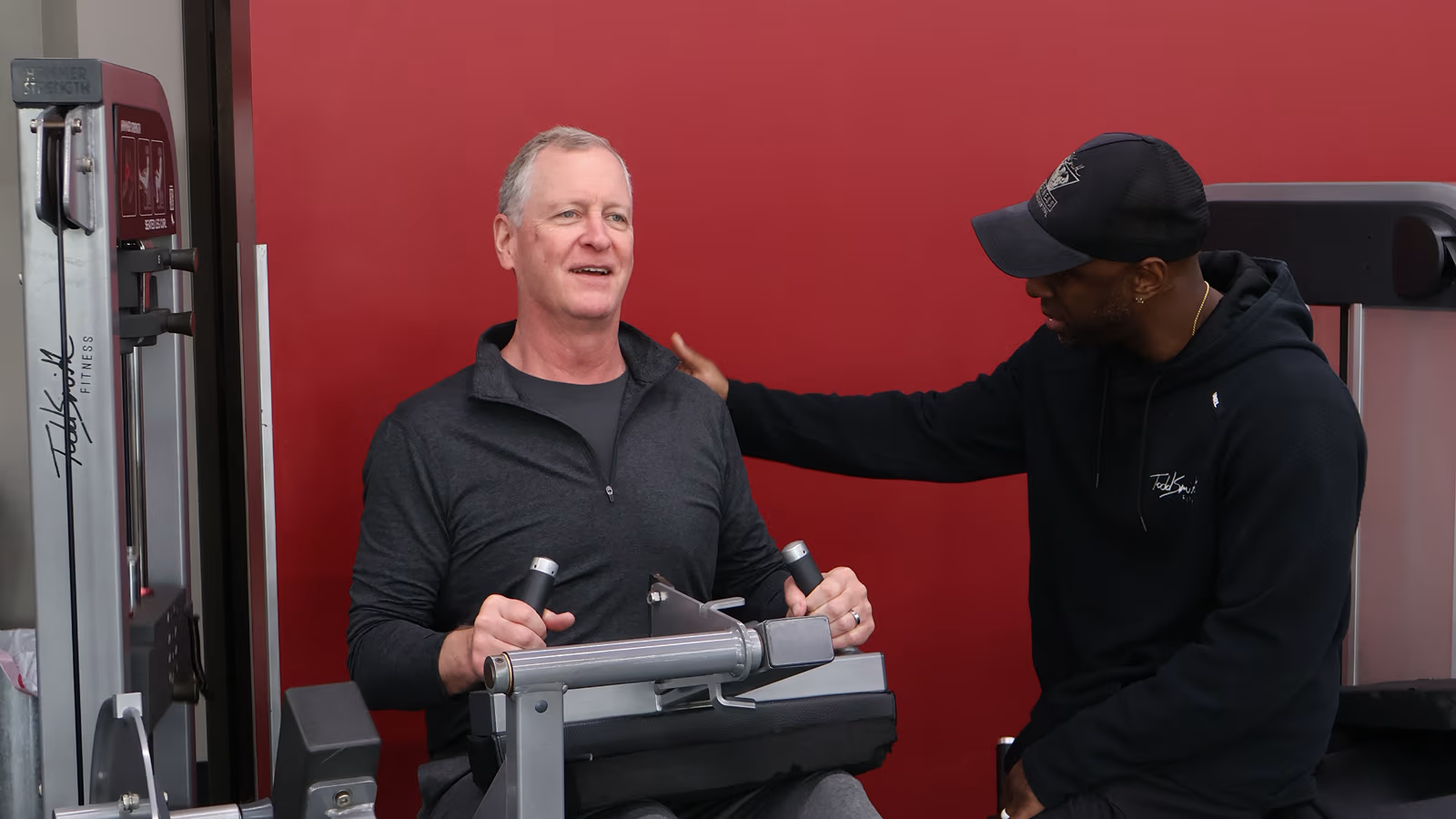In a world where we sit more and eat more sugar than ever, building and keeping muscle isn’t just about looking good — it’s key to staying healthy as you get older.
Muscle Helps Control Blood Sugar
Muscle plays a major role in keeping your blood sugar levels in check. That’s because muscle is highly responsive to insulin — the hormone that moves sugar (glucose) out of your bloodstream and into your cells for energy.
When you don’t have enough muscle, your body can become resistant to insulin. That means more sugar stays in your blood, which can lead to serious issues like Type 2 diabetes, nerve damage, vision problems, and kidney disease.
But the more muscle you have, the better your body is at using insulin. Muscles also store glucose in the form of glycogen, and when you move — whether you're exercising or just being active — your muscles soak up that sugar and bring your blood levels down. Even when you're at rest, muscle helps keep your metabolism running and your blood sugar more stable.
Muscle Supports Your Heart Health
Muscle doesn’t just help with blood sugar — it also protects your cardiovascular system.
Here’s how:
- Lower blood sugar levels = less inflammation, which means less damage to your blood vessels.
- Muscle mass helps keep your “good” cholesterol (HDL) higher, and your “bad” cholesterol (LDL) lower.
- Strong muscles support better blood circulation, which reduces strain on your heart and improves your overall vascular health.
Keeping muscle as you age also helps prevent metabolic syndrome, a cluster of conditions (like high blood pressure and high blood sugar) that raise your risk of heart disease.
Muscle Helps You Age Well
As we age, we naturally lose muscle — a process called sarcopenia. But you can slow or even reverse this with regular resistance training.
Why does this matter?
- Muscle supports your joints, helping with balance, stability, and coordination — all of which lower your risk of falls or injuries.
- It helps preserve bone density, lowering your risk of osteoporosis.
- More muscle means a faster metabolism, which makes it easier to manage your weight.
- Strong muscles can also help reduce pain and improve movement in people with arthritis.
Everyday things like carrying groceries, walking up stairs, or playing with your grandkids get easier when you’ve got muscle. Staying strong helps you stay independent — without relying on others for daily tasks.
It's Good for Your Mind Too
Regular strength training isn’t just good for your body — it’s great for your mind and mood, too.
Exercise and maintaining muscle have been linked to:
- Better brain health
- Slower cognitive decline
- Improved confidence
- Lower anxiety and depression
When your body feels strong, your mind feels stronger too.
The Real Secret to Longevity
There may not be a real Fountain of Youth, but muscle comes close. Studies show that people with more muscle mass tend to live longer and recover better from surgery, injury, or illness.
In fact, research like the Association Between Muscular Strength and Mortality in Men and A Systematic Review and Meta-Analysis on Muscular Strength in Clinical Populations shows a clear link between strength and lower risk of early death.
The Bottom Line
If you want to age well, stay independent, and live a longer, healthier life — build and keep your muscle. That means:
- Doing regular resistance training
- Eating enough protein
- Staying active as much as possible
Muscle is more than strength — it’s your best defense against aging.








